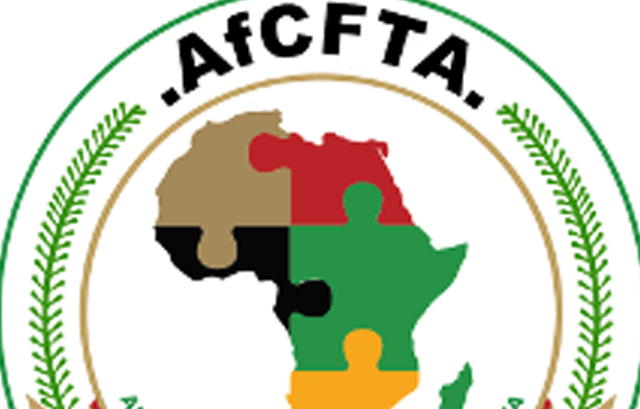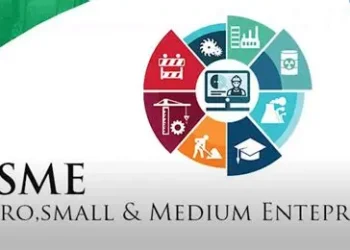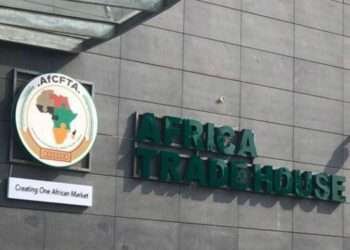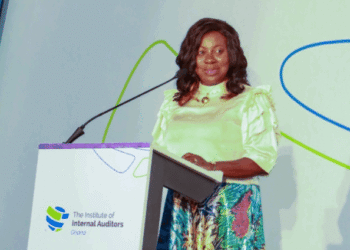The Assistant Commissioner in charge of Africa Continental Free Trade Agreement affairs (AfCFTA), Fechin Akoto, has indicated that deliberations on the automobile industry are underway from the Ghanaian team to include locally assembled cars.
According to him, contemplations on the automobile industry hovers around finding a much bigger market for locally manufactured and assembled vehicles in the country. This move will, will as a result attract investment into the country.
“At the negotiation table, we were looking at where to put our automobile industry so that our locally assembled vehicles can trade under the Trade Agreement but I can’t tell whether it will be accepted for now or not”.
Mr. Akoto also highlighted some challenges faced by the team during the negotiations process.
Ghana has joined the league of vehicle assembly nations after the German automaker, Volkswagen began assembling cars in the country in addition to the locally owned Kantanka Automobile.
Ghana’s trade negotiation team is making effort with the West African sub-region to consider locally assembled vehicles from Ghana into its tariff offer.
If accepted, locally assembled vehicles could be part of either the 90 per cent duty-free goods or classified as sensitive with its tariff as other products in that class.
Meanwhile, on November 5, 2020, the Minister for Trade and Industry, Alan Kyeremanten revealed that, there has been progress in consolidating the rules of origin negotiations in terms of percentage coverage on the agreement regarding the Africa Intercontinental Free Trade Area (AfCFTA) when it comes to the rule of origin.
Interacting with the media at the commissioning of a factory under the one district one factory initiative, Mr. Kyeremanten noted that all processes have been exhausted so far.
“With consolidating the rules of origin negotiations in terms of percentage coverage, I will say that already we have consensus for over eighty percent of tariff lines but because trading is supposed to commence on the 1st of January 2021, we are working very hard, that’s between the state parties so that we can conclude all the negotiations on the rules of origin before the start of trading.
“But in the event that we are unable even to conclude the negotiation on all the tariff lines, based on the provisions of the AfCFTA agreement, you can still start trading in the products for which rules of origin have been completed”.
Mr. Kyeremanten further revealed that, in such a rare case government is unable to conclude negotiation, it will not exempt them from being involved in trading.
“So, it will not necessarily preclude us from the start of trading and also we’ve gone very far with negotiation on tariff offerings. So, each country or customs union has to be able to designate the product that they will trade freely in, the products that are designated as sensitive products; which means that there’s restricted entry and there’s also products that are put on the exclusive lists; which means that those will not be available to be traded.
“So, we’ve gone quite far with our preparations at the start of trading and as a country, we’ve already organized two sensitization workshops to get stakeholders to understand the conditions and what they need to prepare for the start of trading”.























